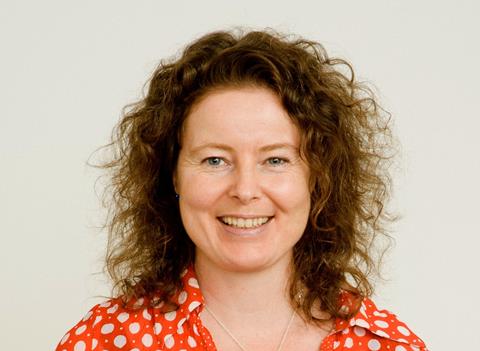The International Bunker Industry Association (IBIA) has welcomed news that the Port of Rotterdam appears to be moving toward making the use of mass flow meters (MFMs) mandatory for bunker deliveries.
“We believe this is a logical next step for the Port of Rotterdam, which introduced a license requirement for bunkering vessels operating under its jurisdiction on 1 February 2021,” says Unni Einemo, the Director of IBIA.
IBIA is very supportive of a move toward mandating MFMs not just in Rotterdam, but in all ports in the ARA region as well as other bunkering hubs around the world.
A survey created by the IBIA Bunker Licensing & MFM Working Group, which BIMCO takes part in, found strong industry support for bunker supplier licensing and more use of MFMs, which are seen as key tools for improving market conditions and reducing disputes between bunker suppliers and buyers. IBIA has submitted an information document co-sponsored by BIMCO submitted to the next meeting of the IMO’s Marine Environment Protection Committee (MEPC 79) in December.
This year, in the wake of the IBIA and BIMCO survey, the Harbour Master’s Division of Rotterdam and the Port of Antwerp commissioned the independent research and consultancy CE Delft to investigate alleged problems with the quantity of fuel supplied in these ports and make recommendations for how to solve it. Both ports also received a letter in July 2021 from 40 ship owners, bunker barge /transporters and bunker suppliers requesting MFMs to be made mandatory.
The final report from CE Delft will be ready soon, and IBIA hopes that Antwerp will also move toward mandating MFM on barges operating in the major Belgian port.
IBIA realises that mandating MFMs will be a bigger financial burden for bunker suppliers in the ARA region than it was in Singapore, where the Maritime and Port Authority provided financial support covering half the cost of installing the MFMs. But estimates suggest the extra cost associated with installing an MFM per tonne of bunkers delivered is minimal. Moreover, the use of MFMs improves efficiency because it saves time compared to traditional manual measurements, thereby enabling higher supply turnover for each bunker barge.
Einemo says: “In Singapore, they have estimated time savings ranging from one to four hours for each bunkering operation. These operational benefits and reduced manpower time, as well as time and cost savings thanks to less time and resources spent on dispute resolution, have the potential to make up for the cost of installing and certifying MFMs within a relatively short time.”






